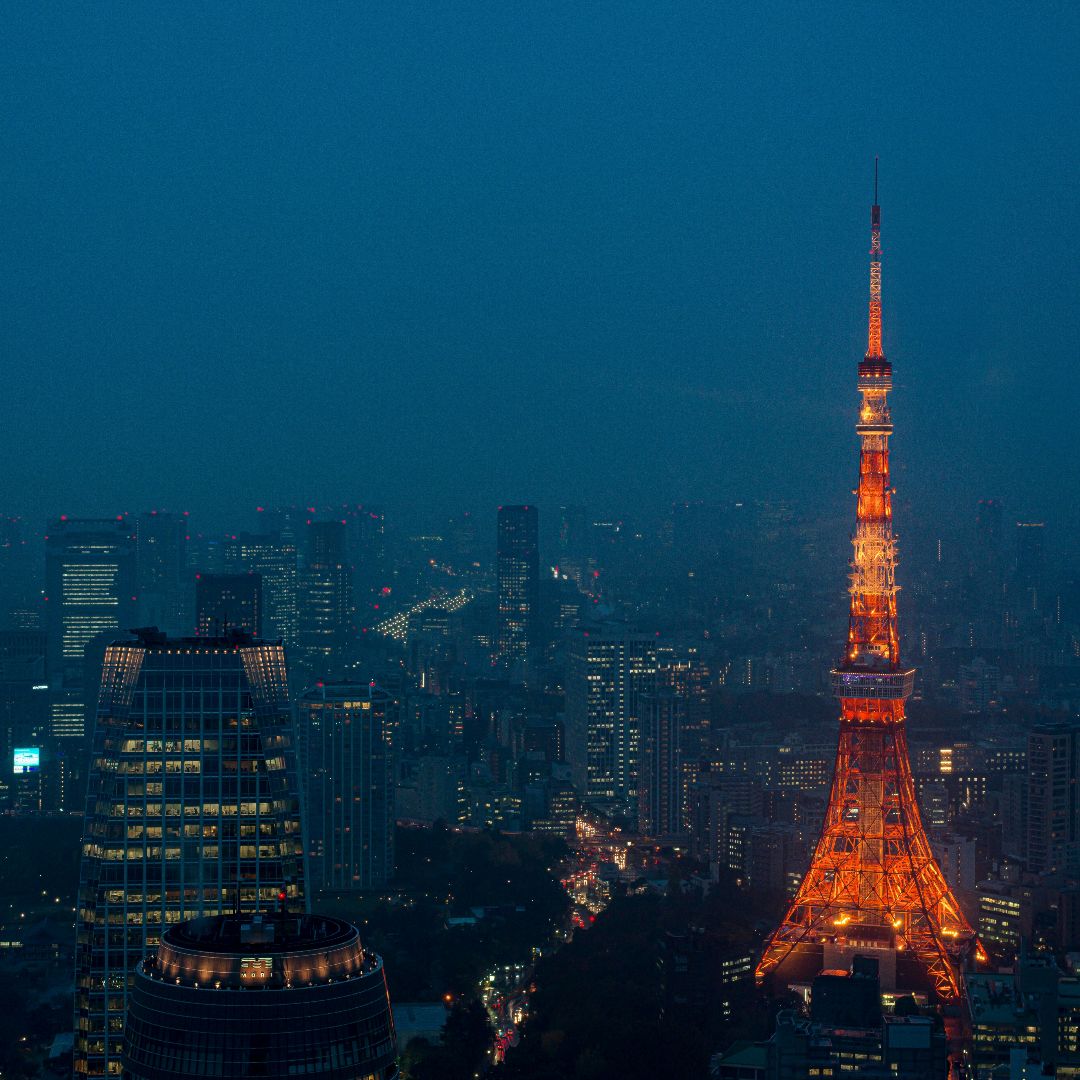Japan
It is a sovereign island country of East Asia, located in the northwestern Pacific Ocean, known as the “Land of the Rising Sun”. Its territory includes an archipelago of 6,852 islands that cover 377,975 square kilometers on the so-called Pacific ring of fire. It is the eleventh most inhabited country in the world and the first with the highest life expectancy. Approximately three quarters of the country's terrain is mountainous and its population of 126 million is concentrated on narrow coastal plains. It is a great power and a member of numerous international organizations, including the United Nations (since 1956), the OECD, and the G7. Its army is considered the fourth most powerful in the world. After World War II, Japan experienced high economic growth, becoming the world's second largest economy in 1972 before being surpassed by China in 2010, currently still the third largest by nominal GDP. A leader in the automotive and electronics industries, it has made significant contributions to science and technology. Japanese culture is well known around the world, including its art, cuisine, music, and popular culture, which spans the prominent industries of animation, video games, and manga. Japanese gardens are known throughout the world for their virtue of reproducing with unparalleled refinement all the beauty of nature within the scope of a small space.
Programs at Japan

Secrets of Japan

A Different Japan

Kumano Trail

Japan Express and the Maldives

Cultural Japan at your own pace

Historical Japan at your own pace

Japan Express

Ninja Route
What to see in Japan?

Tokyo Tower
Meiji Shrine
Nijo Castle
Heian Shrine
Fushimi Inari-taisha
Mount Koya or Koyasan
Todai-ji Temple
Lake Ashi
Peace Memorial Park
Himeji castle
Kenrokuen Garden
Hongu Taisha Shrine
Useful information for traveling to Japan
Documentation
To travel to Japan it is necessary to have a valid passport valid for at least 6 months from the date of return and proof of return / return ticket. Spanish tourists do not need a visa for stays of up to 90 days. A vaccination certificate with 3 complete schedules or a negative certificate of a COVID test taken within 72 hours prior to travel is also required to enter, in addition to registering on the Visit Japan Web page.
Language
The official language is Japanese, although there are several regional dialects. In most cities and tourist places, English is spoken.
Religion
According to data from the Ministry of Internal Affairs in 2021, 48.1% of the inhabitants consider themselves Shintoists, 46.5% Buddhists, 1.05% Christians and 4.3% that include other religions.
Traditions
The Japanese custom of bowing may seem strange if you are not used to it. This act is deeply rooted and can be full of nuances. As a guest in the country, they are more likely to bow to you than expect you to bow, it's a nice gesture to accompany a thank you. As a curiosity, especially on public transport, if you carry a mobile phone, it is better to carry it silently and avoid telephone conversations, to follow the example of the local people. You should not leave a tip; doing so can create an awkward and confusing situation. As a general rule, restaurant bills include a percentage for the service. In traditional Japanese hot spring baths of volcanic origin (Onsen), people with tattoos are not allowed to enter for cultural reasons (although small ones can be covered).
Climate
It is generally mild, although because the country extends from north to south for about 3,000 kilometers, the weather varies depending on the location and time of year. Spring and autumn being the most pleasant seasons to travel.
Health
No vaccine is required for tourists coming from Spain. Tap water is potable and can be safely drunk.
Currency
The official currency is the yen. There are 1, 5, 10, 50, 100 and 500 yen coins. The bills are 1,000, 2,000, 5,000 and 10,000 yen. Currency can be exchanged at airports and most banks. €1 is equivalent to approximately 140 yen.
Payment methods
Most restaurants, hotels, shops and taxis in major cities accept card payment. It is common that only cash is accepted for the purchase of urban transport tickets, as well as in hotel and restaurant establishments outside the large urban centers.
Electricity
Japanese plugs have two parallel flat pins, so you have to bring an adapter to plug in electrical appliances.
Means of transport
The main means of transport is the train, but there is also an extensive network of buses and metro or, if necessary, different options to take an internal flight or a ferry.
Hora
La zona horaria de Japón es GMT+09:00.